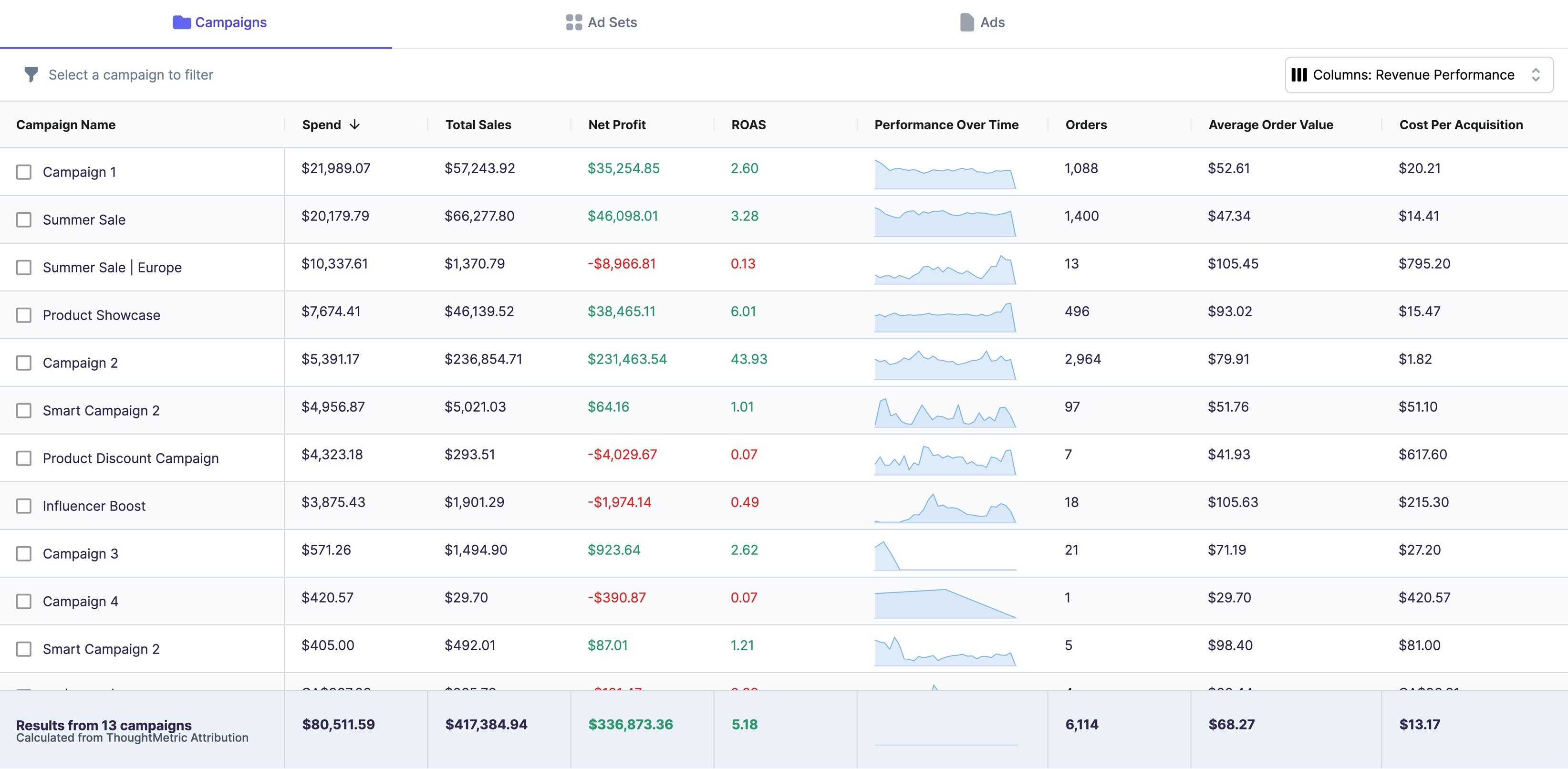If you are using Google Ads to drive traffic to your website, it is important to understand how much you are paying for each click. This is where Cost Per Click (CPC) comes in. In this article, we will explain what CPC is, why it's important, and how to calculate it. We will also provide tips for optimizing your CPC to maximize the performance of your Google Ads campaigns.
Understanding Cost Per Click (CPC) in Google Ads
What is Cost Per Click (CPC)?
Cost Per Click (CPC) is the amount you pay each time someone clicks on one of your Google Ads. This cost varies depending on a number of factors, such as your bid strategy, the competition for the keyword you are targeting, and the quality of your ad. In Google Ads, you set a maximum bid for each keyword, which determines how much you are willing to pay for a click.
It's important to note that while CPC is a key metric in Google Ads, it's not the only one. Other important metrics include click-through rate (CTR), conversion rate, and return on ad spend (ROAS). These metrics work together to give you a comprehensive picture of the performance of your ads.
Why is CPC important in Google Ads?
Calculating and optimizing your CPC is essential to the success of your Google Ads campaigns. Knowing your CPC allows you to set an appropriate budget and bid strategy, as well as measure the performance of your ads. By keeping a close eye on your CPC, you can ensure that you are getting the most out of your advertising budget.
One way to optimize your CPC is to focus on improving your Quality Score. This can be done by creating high-quality, relevant ads that are closely tied to the keywords you are targeting. You can also improve your Quality Score by optimizing your landing pages to ensure they are relevant and provide a good user experience.
Factors that influence CPC
Several factors affect the cost of your CPC, including your Quality Score, bid strategy, and the competition for the keyword you are targeting. Your Quality Score is a measure of the relevance and quality of your ad, keywords, and landing page. The higher your Quality Score, the lower your CPC is likely to be. Your bid strategy determines how much you are willing to pay for a click, and can affect your CPC. Finally, the competition for the keyword you are targeting also affects your CPC, as more competition often means higher costs.
Another factor to consider is the time of day and day of the week that your ads are running. If you notice that your CPC is higher during certain times, you may want to adjust your bid strategy or ad scheduling to optimize your budget.
It's also important to keep an eye on your competitors and their bidding strategies. If you notice that a competitor is consistently outbidding you for a particular keyword, you may want to adjust your bid strategy or consider targeting a different keyword.
Conclusion
Understanding and optimizing your CPC is crucial to the success of your Google Ads campaigns. By focusing on improving your Quality Score, optimizing your landing pages, and monitoring your bid strategy and competition, you can ensure that you are getting the most out of your advertising budget and driving high-quality traffic to your website.
Setting up your Google Ads campaign
Choosing the right keywords
One of the most important aspects of setting up a Google Ads campaign is choosing the right keywords. Start by brainstorming a list of keywords that are relevant to your business and the products or services you offer. Use Google's Keyword Planner tool to get ideas and see how much each keyword is likely to cost. Choose keywords that are highly relevant to your ads and landing pages, have a low to medium competition, and are affordable.
Creating effective ad copy
Your ad copy is the message that appears in your ads, and it plays a crucial role in attracting clicks and driving conversions. To create effective ad copy, focus on highlighting the benefits of your product or service, using clear and concise language, and including a strong call-to-action. Use ad extensions to provide additional information, such as your business location or phone number.
Setting your budget and bid strategy
Set your budget based on how much you are willing to spend on Google Ads each day. Choose a bid strategy that aligns with your goals, such as maximizing your clicks or conversions. Remember that your bid strategy will affect your CPC, so choose wisely.
Calculating Cost Per Click (CPC)
The basic CPC formula
The basic formula for calculating CPC is to divide the total cost of your ads by the number of clicks they receive. For example, if you spent $100 on ads and received 50 clicks, your CPC would be $2.
Using Google Ads' built-in CPC calculator
Google Ads provides a built-in CPC calculator that makes it easy to calculate your CPC. Simply navigate to the Campaigns tab, select the campaign you want to analyze, and click on the Keywords tab. Here you will see a breakdown of your CPC for each keyword, as well as other important metrics.
Analyzing your campaign's performance
To optimize your CPC, it is important to analyze your campaign's performance over time. Use Google Ads' reporting tools to track your click-through rate (CTR), conversion rate, and other important metrics. Experiment with different bid strategies, ad copy, and keywords to see what works best for your business.
Tips for optimizing your CPC
Improving your Quality Score
Improving your Quality Score can help lower your CPC and increase the effectiveness of your Google Ads campaigns. To improve your Quality Score, focus on creating relevant, high-quality ads and landing pages that align with your target keywords. Use negative keywords to exclude irrelevant searches that may be driving up costs.
Adjusting your keyword bids
Adjusting your keyword bids can help you optimize your CPC and improve the performance of your Google Ads campaigns. Consider bidding higher on keywords that are driving conversions, and lower on keywords that are not performing as well. Keep an eye on your CPC and adjust your bids as necessary to stay within your budget.
Utilizing negative keywords
Negative keywords are keywords that you exclude from your target audience because they are irrelevant or unlikely to drive conversions. Use negative keywords to improve the relevance of your ads and landing pages, reduce your CPC, and increase the effectiveness of your Google Ads campaigns.
A/B testing your ad copy
A/B testing involves creating two variations of your ad and testing them against each other to see which one performs better. By experimenting with different ad copy, you can find the message that resonates most with your target audience and optimize your CPC for maximum results.
Conclusion
Calculating and optimizing your Cost Per Click (CPC) is essential to the success of your Google Ads campaigns. By understanding the factors that influence CPC, setting up your campaign effectively, and experimenting with different bid strategies, ad copy, and keywords, you can maximize the performance of your ads and drive more conversions for your business.





